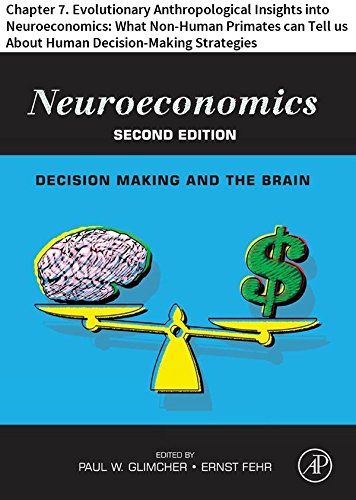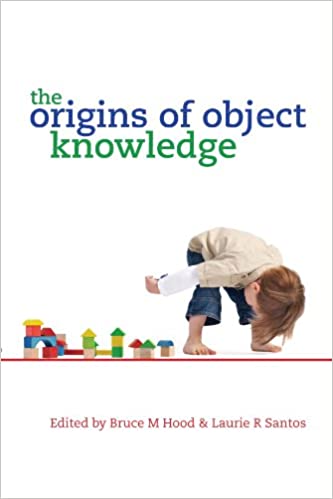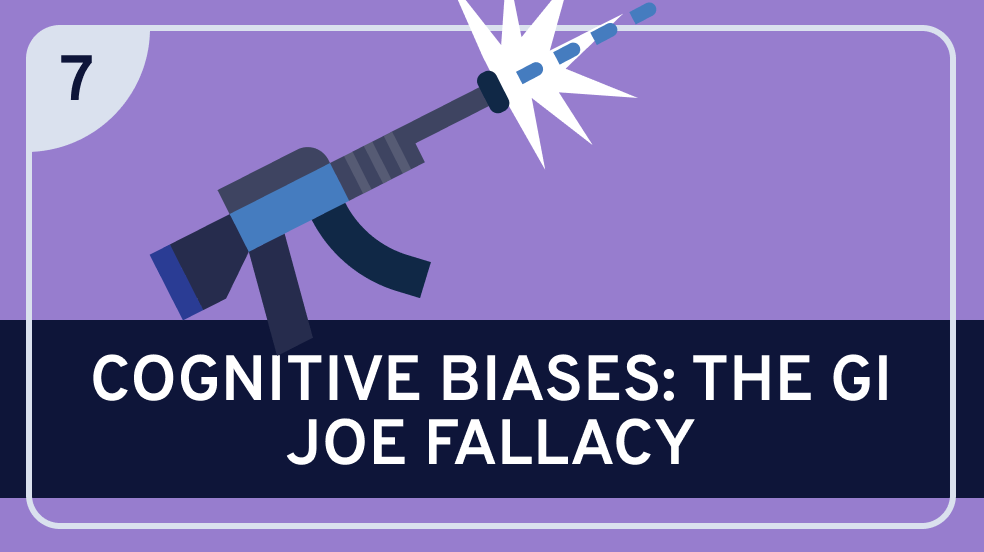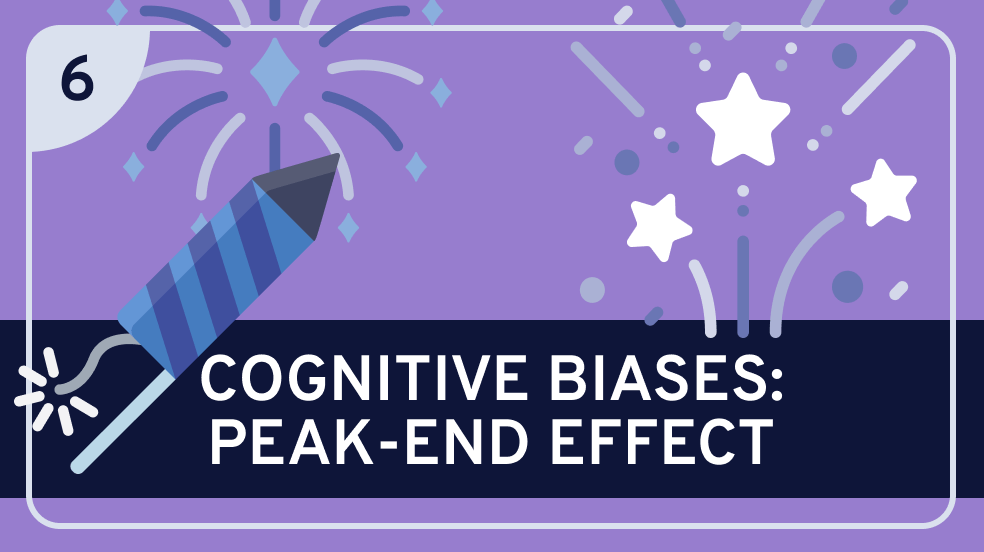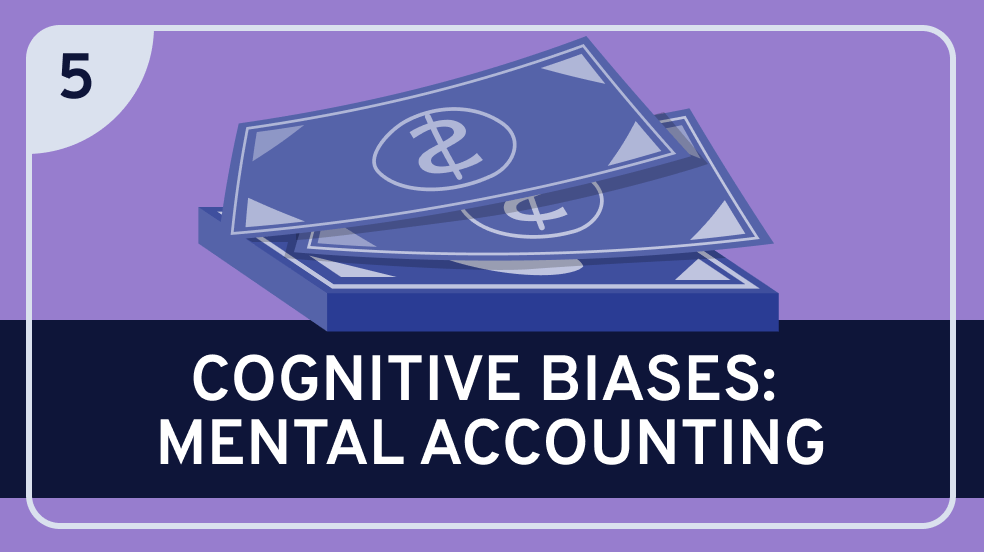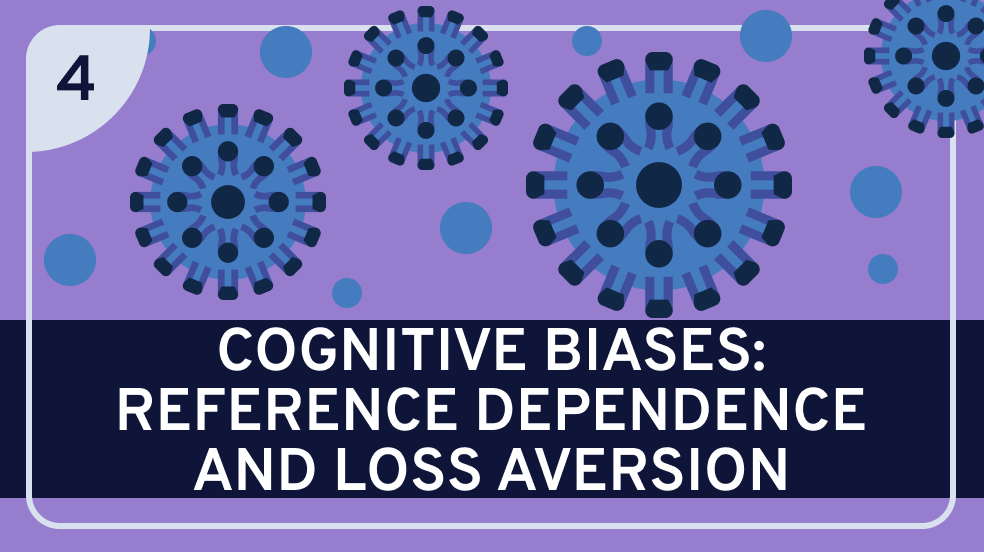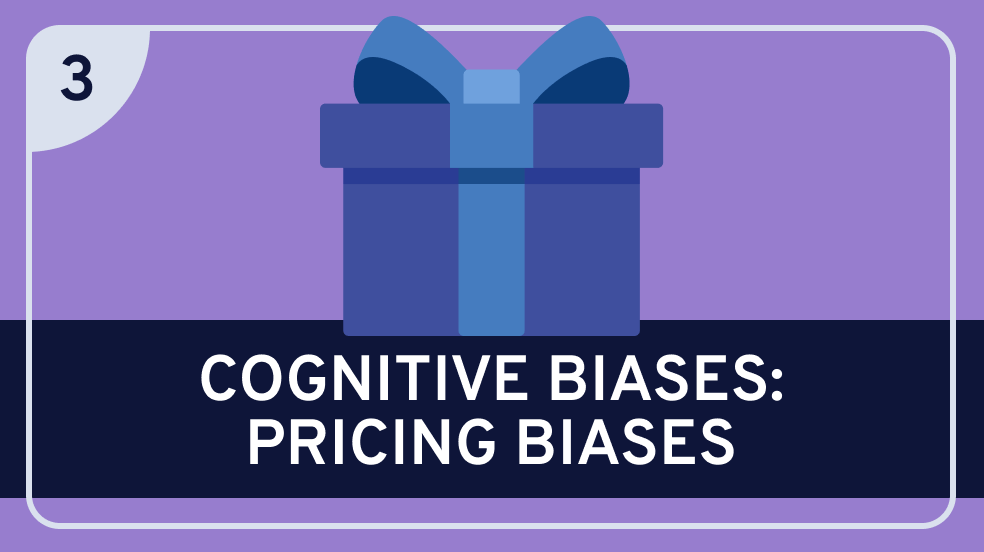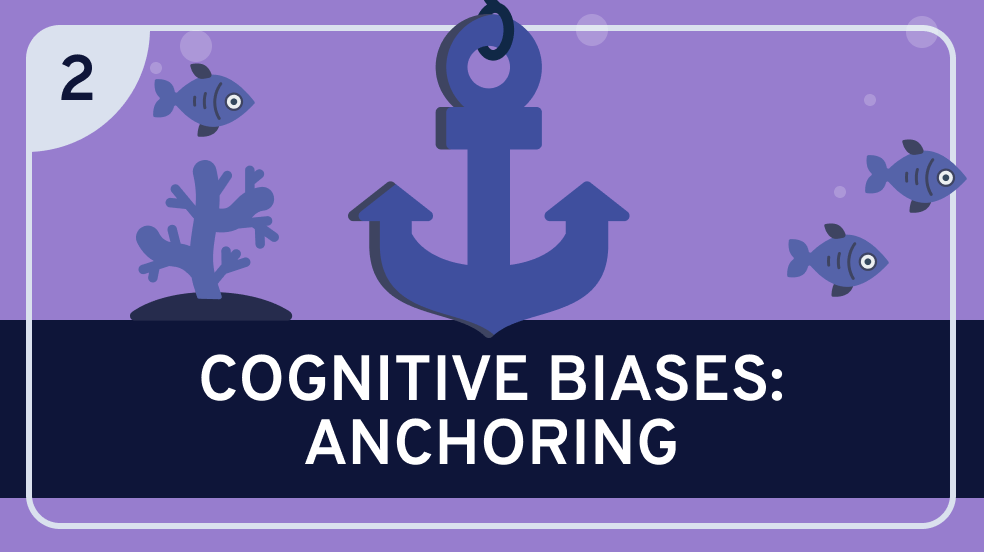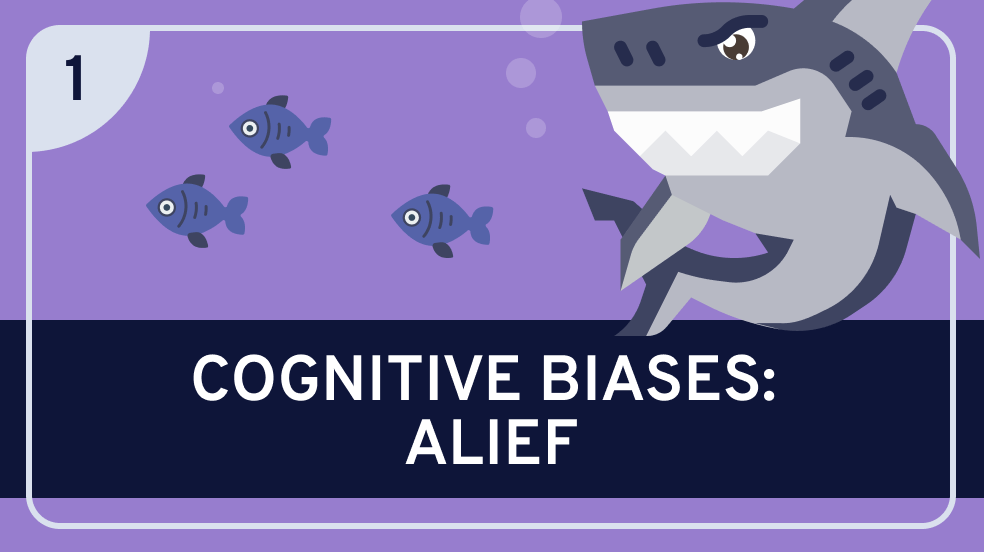
Laurie Santos
Professor of Psychology, Head of Silliman College at Yale University
Our research explores an age-old question: what makes the human mind unique? We test this question by studying the cognitive capacities of non-human animals. By comparing the cognitive abilities of non-human animals to those of humans, we can determine which domains of knowledge are unique to the human mind. At the Canine and Primate Laboratory (aka CapLab), we study the origins of human cognition by focusing on two different groups of non-human animals. First, we test the phylogenetic origins of human cognition by studying our closest living evolutionary relatives, the non-human primates. By testing field-living non-human primates using methods from cognitive development, we can directly compare the capacities of non-linguistic primates with those of preverbal human infants. In addition, our lab also tests the role of human experience by testing the non-human species that lives most closely with humans: the domesticated dog. By studying dog cognition and comparing it to that of other canids, we can explore the role of experience in a species built to pick up on human cues and training. Some of our current projects explore whether non-human animals possess aspects of a human-like a theory of mind, the representations that dogs and non-human primates reason use to navigate cooperative and moral problems, the nature of human-unique constraints on pedagogy and social-learning in non-human animals, and whether other animals share human-like decision-making biases.

